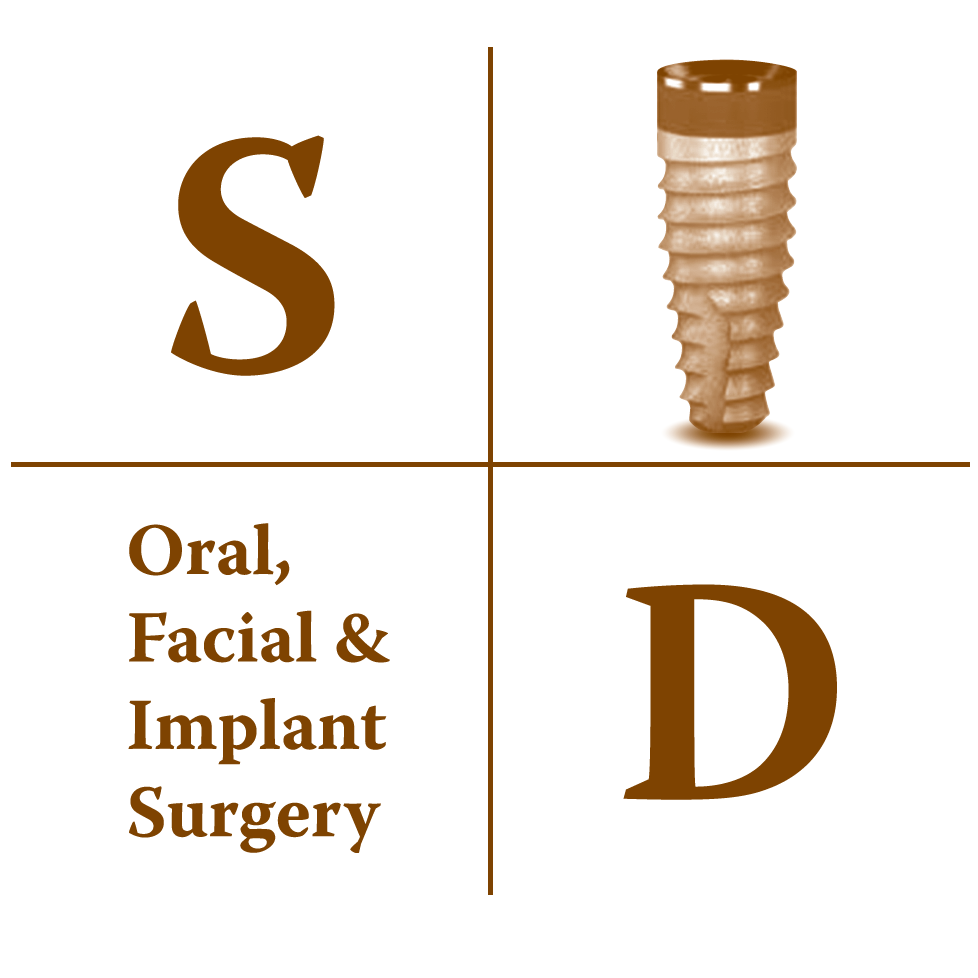Facial Trauma
Oral and maxillofacial surgeons are widely considered to be the experts in the management of facial trauma. Because oral surgeons are trained initially as dentists, their extensive knowledge of occlusion (how teeth fit together) gives them a unique advantage in reconstruction of traumatic injuries compared to other medical specialties. Injuries to the face, by their very nature, impart a high degree of emotional stress to patients. The science and art of treating these injuries not only requires special training and experience, but also an understanding of the long term functional and esthetic consequences.
All of the surgeons at SD Oral, Facial, and Implant Surgery have received extensive training in the diagnosis and management of facial trauma at some of the busiest and most rigorous Level I trauma hospitals in the United States:
Dr. Sharafi received his training at University of Maryland Medical Center Shock Trauma Hospital in Baltimore, Maryland.
Dr. Zandevakili received his training at Grady Memorial Hospital in Atlanta, Georgia.
Dr. Evans received his training at the University of Texas Medical Center in Houston, Texas.
What are the causes of facial trauma?
There are an infinite number of ways in which the face can be injured in a manner requiring surgical intervention. The most common causes include automobile accidents, work related accidents, sports related accidents, assault and other interpersonal violence, and falls.
What types of injuries can occur?
Facial trauma can be broadly divided into three categories: Soft tissue injuries, bony injuries, and dental injuries.
Soft tissue injuries: Soft tissue injuries include lacerations to the skin of the face and mucosa inside the mouth.
Bony injuries: Bony injuries comprise of fractures of any bone in the face including the lower jaw (mandible), upper jaw (maxilla), midface, nose, and eye sockets.
Dental injuries: Dental injuries involve trauma to the teeth. Depending on the degree of injury, trauma to the teeth and surrounding structures may result in a subluxation (loosening), luxation (tooth getting partially knocked out of the socket), or avulsion (tooth getting completely knocked out of the socket).
What does correcting facial trauma involve?
The management of traumatic injuries to the face is dependent on the type and severity of injury.
Soft tissue injuries: The management of soft tissue injuries involves suturing the lacerated tissues back together.
Bony injuries: The management of facial bony injuries is similar to that of any other broken bone – stabilization and immobility. Unlike bones of our arms and legs, however, a cast cannot be applied to the face. Depending on the location and degree of injury, fractured bones of the face may need to be fixed by using small plates and screws that stabilize the bone until it heals. Less severe injuries may be stabilized by wiring the jaws together.
Dental injuries: The management of dental injuries is dependent on the degree of damage imparted on the tooth and surrounding structures. In situations where a tooth is loosened or displaced by an injury and the surrounding tissues are unharmed, a wire splint may be adapted to the teeth to stabilize them for 2-4 weeks. If a tooth is completed avulsed (knocked out) and the surrounding tissues are unharmed, the tooth may be reinserted and stabilized with a splint. The degree of your injury will be assessed by your surgeon and treatment options will be discussed. Most severely traumatized teeth will require root canal treatment by your general dentist or an endodontist soon after the injury.
Your oral surgeon will conduct a thorough examination and take any necessary x-rays to determine the severity of your injury and plan a course of action. Depending on your specific needs and the type of treatment you require, your surgeon may recommend treatment in a hospital setting or at our outpatient surgical center.
If you feel you have sustained a facial injury that requires treatment, please call our office at 858-997-2701 to make an appointment today!

